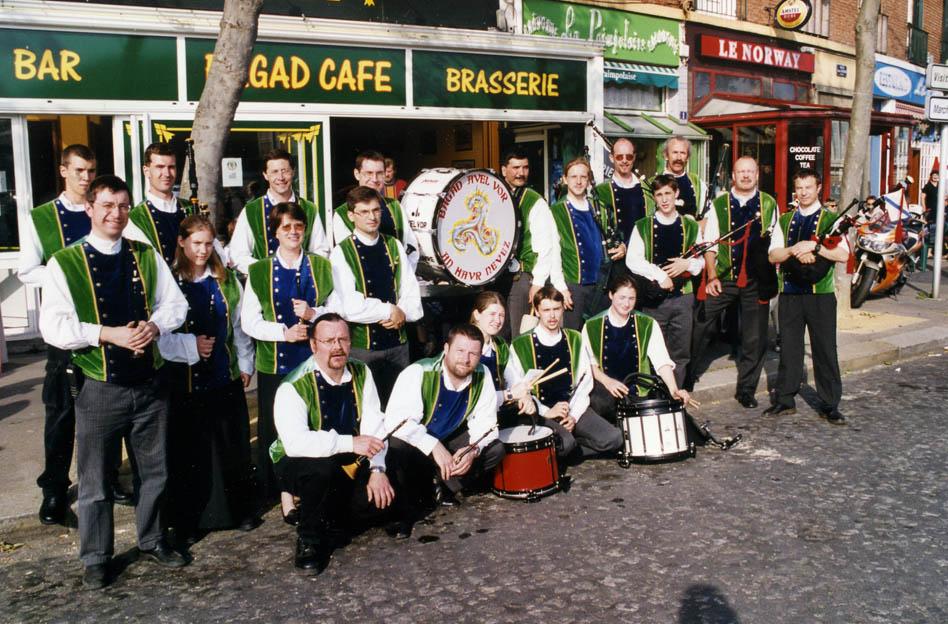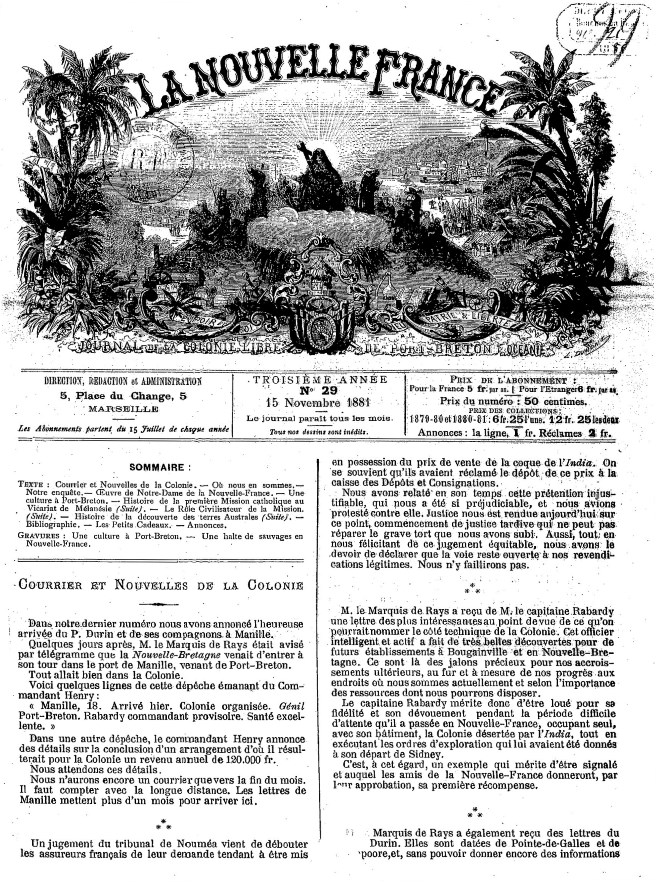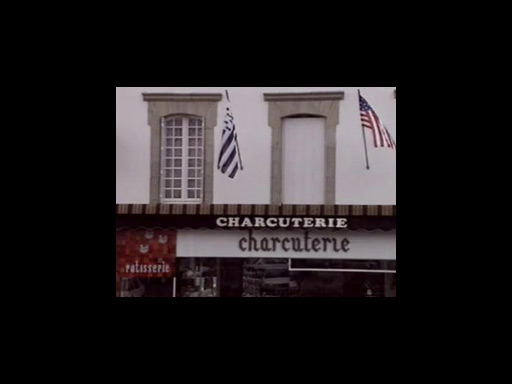The Breton migrations consist of complex phenomenons with multiple aspects which are rooted in an ancient history. The peninsula owes in this way it's name to the migrants, the Bretons, who came from the other side of the English Channel at the end of Antiquity and the beginning of the Middle Ages, even though, due to missing sources of information, the amplitude of this migration remains difficult to deduce.
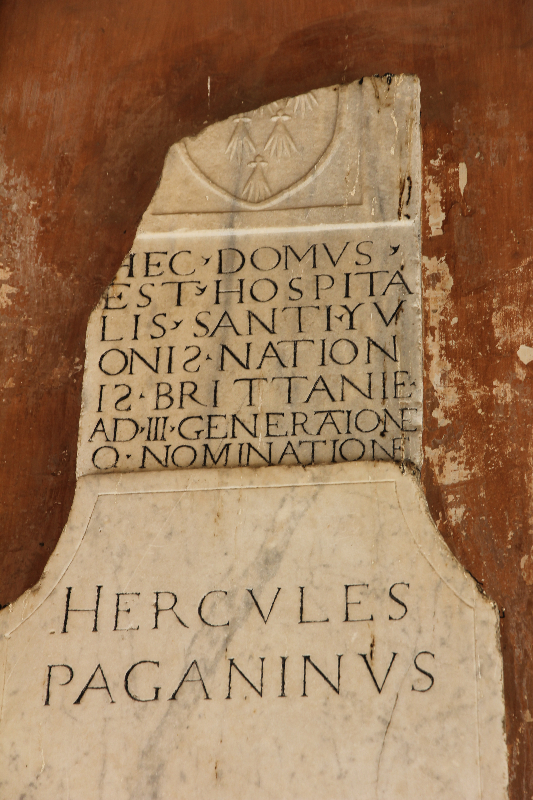
In the entire world
From the XVIth century, the Breton emigration will follow the turns of French colonial politics. A Maritime region, Brittany sees it's ports profit from the development of overseas possessions. Frequenting the fishing grounds of the north Atlantic, Bretons are thus many to move to the American colonies, particularly to Quebec, noted by Jacques Cartier from Saint Malo in the 1530's. The presence of their ancestors is still noticeable in Saint-Pierre-et-Miquelon.
The number of Bretons are equally illustrated in the French military and colonial expansion, such as René Madec in the Indies, Charner in Indochina or Bouët-Willaumez in West Africa. On the fringes of the French colonial politics, a few attempts to create Breton colonies fail in the XIXth century. A common project with the Welsh in Patagonia in 1865, supported by the poet Charles de Gaulle, is long lasting. Hundreds of Bretons emigrate to Argentina, to other regions than that in which the Welsh set up at the end of the XIXth century. As for the Port-Breton project, in Papua, it ends in a resounding financial scandal.
Interior emigration
Without taking into account individual destinies, the implantation of Bretons in other continents is not of massive proportions, with the exception of New York at the beginning of the XXth century. On the other hand, the Breton emigration often appears as a mass movement to other French regions, in particular between 1850 and 1950. Brittany experiences a large demographic change. Remaining largely rural, it's lack of industrial development provokes an important economic emigration.
These movements of populations concerns in the first place the greater area of Paris. Women often find contracts as domestics, the character of the Bécassine comes to incarnate the stereotype of the « Breton maid ». Others fall into prostitution. Men find work in the factories around Paris and Saint-Denis becomes therefore one of the biggest Breton towns. A lot of Bretons from the suburbs take part, in the in between-two-wars, in the rising power of the French Communist party, of which one of the leaders, Marcel Cachin, originates from Goëlo. A number of these Bretons divroet (migrants) join the International Brigades and the Resistance. Communists and Catholics at the same time attempt until a more recent period to structure the Breton emigration. The abbot Cadic runs in this way the Breton parish at the end of the XIXth century. The Breton Mission, created by the abbot Élie Gautier in 1947 and run by his successor Father Le Quemener, other than its cultural role, had the function of reception which was quite considerable after the second world war. The FCP also ran organizations such as that of the emancipated Bretons in the 1930's.
The Breton emigration was also particularly important in le Havre , headquarters to one of the oldest amicales (50 000 of the 180 000 inhabitants of le Havre are of Breton origin), and in the Perigord, where the Landerneau office encourages, in the 1920's, farmers to move on abandoned lands. Bretons are also present in the two big Mediterranean ports of Marseille and Toulon, nicknamed in the in between-two-wars Kermoco (from « ker », house in Breton and « moco », nickname given to the inhabitants of the south of France).
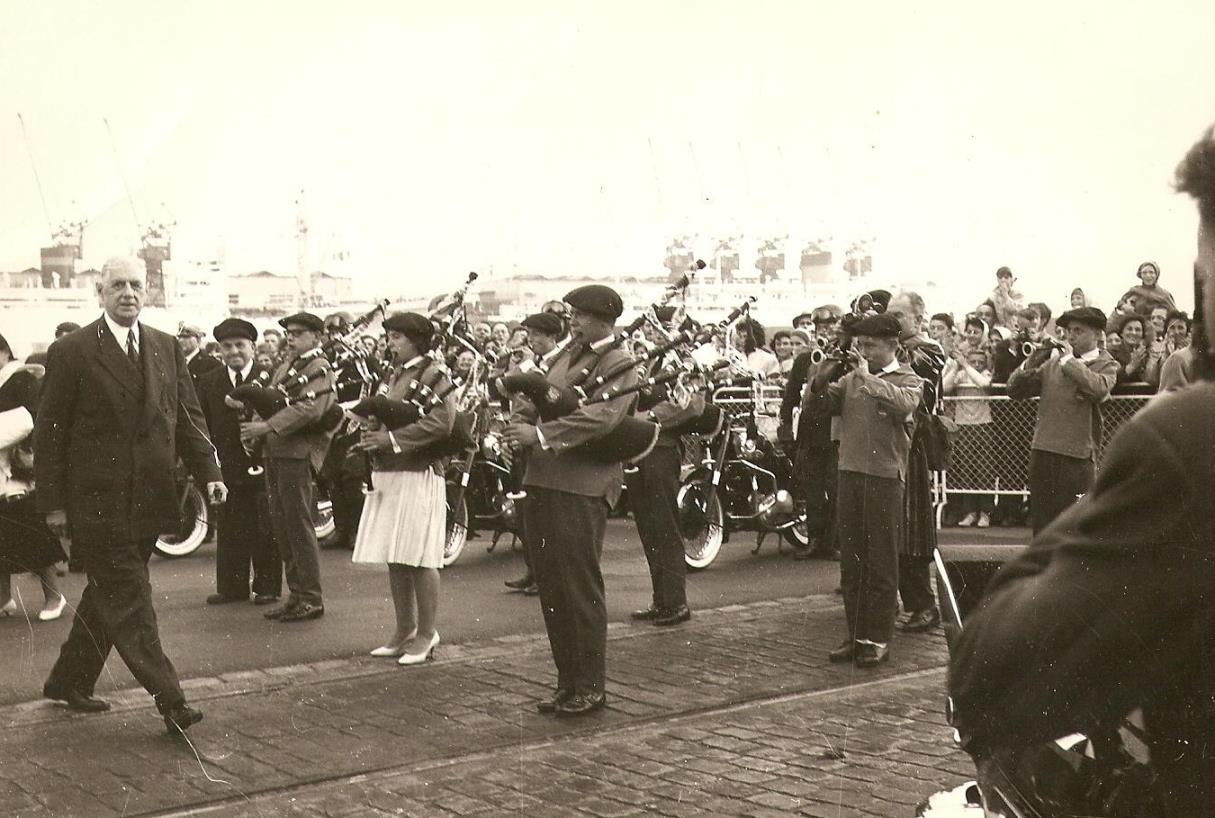
Despite an important emigration in the XIXth and XXth centuries, The Bretons didn't really constitute a diaspora, as did the Irish in America, with the exception perhaps of the Breton network in Paris (we estimate at 1 million the number of inhabitants in Île-de-France having Breton origins). Nonetheless, for two decades now, real structural efforts for exiled Breton people are apparent.

